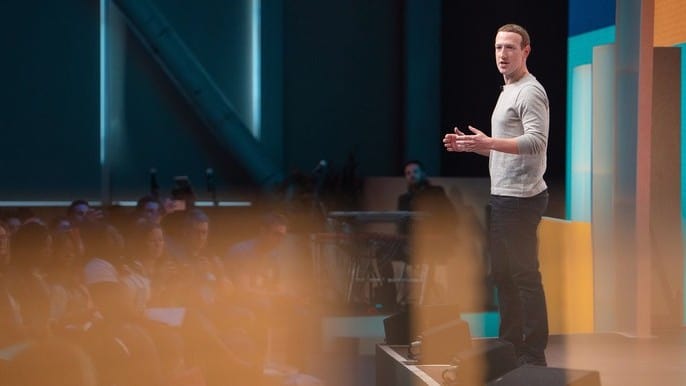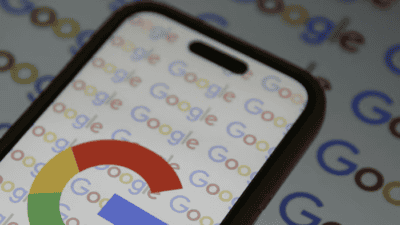This article was originally published on Fool.com. All figures quoted in US dollars unless otherwise stated.
After paying a record $5 billion fine to the Federal Trade Commission last year to settle allegations that Facebook Inc (NASDAQ: FB) violated user privacy, the social media juggernaut is now in hot water with the regulatory agency yet again. But things are even more serious this time around, with a coalition of 46 attorneys general joining forces with the FTC to file two separate lawsuits against Facebook for alleged violations of antitrust laws.
These are extremely serious charges, and Facebook is now facing substantial regulatory risks as the prosecutors call to break up the company.
But his emails
Facebook has a long history of quickly scooping up small social media start-ups right as those companies start to gain popularity. The most notable of these acquisitions have been the $1 billion acquisition of Instagram and the $19 billion purchase of WhatsApp. (Those price tags are based on the initial offers but changed by the time the deals closed due to fluctuations in Facebook stock.)
The company has long maintained that those services have only been able to grow to dominance under Facebook's wing, thanks to having access to the tech giant's deep pockets and Mark Zuckerberg's ruthless business acumen. That may all be true, but it's also true that acquiring a would-be competitor for the explicit purpose of undermining competition is illegal.
Zuckerberg knows this. Over the summer, a separate congressional investigation unearthed emails from 2012 between Zuckerberg and former CFO David Ebersman where the executives contemplated acquiring Instagram and Path. Ebersman was skeptical of the rationales, and Zuckerberg said that Facebook was really trying to buy time while acknowledging that part of the reason would be to neutralize a potential competitor. Realizing that he may have gone too far, the CEO soon added, "I didn't mean to imply that we'd be buying them to prevent them from competing with us in any way."
This exchange is quoted directly in the FTC's legal complaint, along with another 2008 email where Zuckerberg asserted that "it is better to buy than compete." Facebook had initially tried to challenge Instagram directly, but failed to gain traction with users, so the company fell back on that strategy of acquiring instead of competing.
A similar episode played out with WhatsApp, which was becoming incredibly popular, perhaps unstoppably so, in emerging markets where the messaging service was displacing traditional SMS texting.
"Just as with Instagram, WhatsApp presented a powerful threat to Facebook's personal social networking monopoly, which Facebook targeted for acquisition rather than competition," the FTC wrote.
Facebook says that the feds want "a do-over"
The FTC and attorneys general are seeking to break up Facebook by forcing it to divest both Instagram and WhatsApp, an extraordinary move that would be a daunting task for acquisitions that have long since been integrated into the conglomerate. There are other aspects to the lawsuits, including allegations that Facebook also leveraged its core platform to hurt competition, but the proposed divestitures are a particularly big ask.
"Years after the FTC cleared our acquisitions, the government now wants a do-over with no regard for the impact that precedent would have on the broader business community or the people who choose our products every day," Facebook fired back in a statement.
This article was originally published on Fool.com. All figures quoted in US dollars unless otherwise stated.








